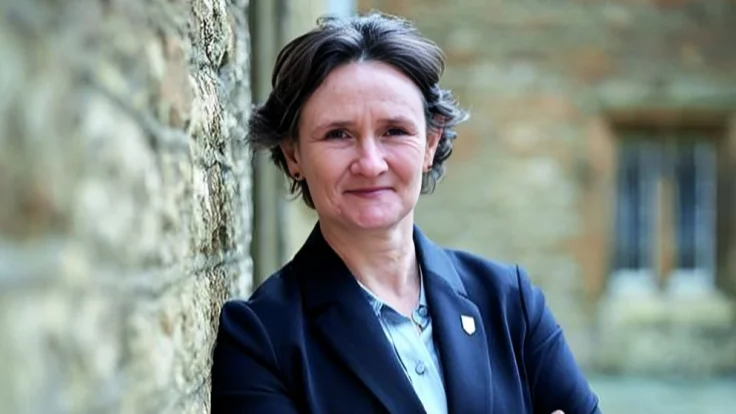Researchers at the University of Oxford have developed a new diagnostic test called computed cardiopulmonography (CCP) that could improve early detection of lung diseases such as asthma and chronic obstructive pulmonary disease (COPD). The initiative is part of the ACCESS project, which has received £1.3 million in funding over three years from the Engineering and Physical Sciences Research Council (EPSRC), under UK Research and Innovation.
Chronic respiratory diseases affect more than half a billion people globally and are responsible for over four million deaths each year. In the United Kingdom, these conditions disproportionately impact disadvantaged communities, where access to hospital-based diagnostic care is often limited.
Currently, diagnosis for asthma and COPD relies on spirometry, a test that measures how much air a person can forcefully exhale. However, this method can be difficult for many patients to perform and often fails to detect early-stage disease. By the time spirometry identifies abnormalities, lung damage is usually irreversible.
The CCP test involves a patient breathing normally for 12 minutes through a mouthpiece connected to a gas analyser. Using laser technology and mathematical modelling, it provides detailed information about airflow distribution in the lungs. Early studies indicate that CCP may be able to detect subtle changes in lung function earlier than traditional methods.
Despite promising results, the current form of CCP requires specialized equipment and lengthy testing times, limiting its use to hospitals and research settings. The ACCESS project aims to adapt CCP for broader community use by reducing test duration and simplifying analysis so results can be delivered during appointments in general practice surgeries or pharmacies.
The multidisciplinary research team includes members from several departments at Oxford University—Chemistry; Physiology, Anatomy & Genetics; Nuffield Department of Medicine; Nuffield Department of Primary Care Health Sciences—as well as collaborators from Asthma + Lung UK and healthcare providers. Patients with asthma and COPD will also participate regularly in advising on study design.
Professor Grant Ritchie, leading the project from Oxford’s Department of Chemistry, stated: “To improve lung health, we need to move from fire-fighting advanced disease to detecting and treating it earlier, when it is still possible to prevent progression. With EPSRC support, we are developing a rapid, non-invasive breath test that could provide immediate results in community diagnostic settings and transform early diagnosis.”
Professor Charlotte Deane, EPSRC Executive Chair and Professor at Oxford’s Department of Statistics, added: “Diagnosing health conditions early and in a way that works for people’s everyday lives is vital…By enabling care closer to home as well as earlier intervention, [these projects] will help shift the system from treatment to prevention, improve outcomes, tackle health inequalities, and ease pressure on hospitals.”
The long-term goal of this work is to facilitate earlier diagnosis and treatment of lung diseases while reducing hospital visits and addressing health disparities within affected communities.

